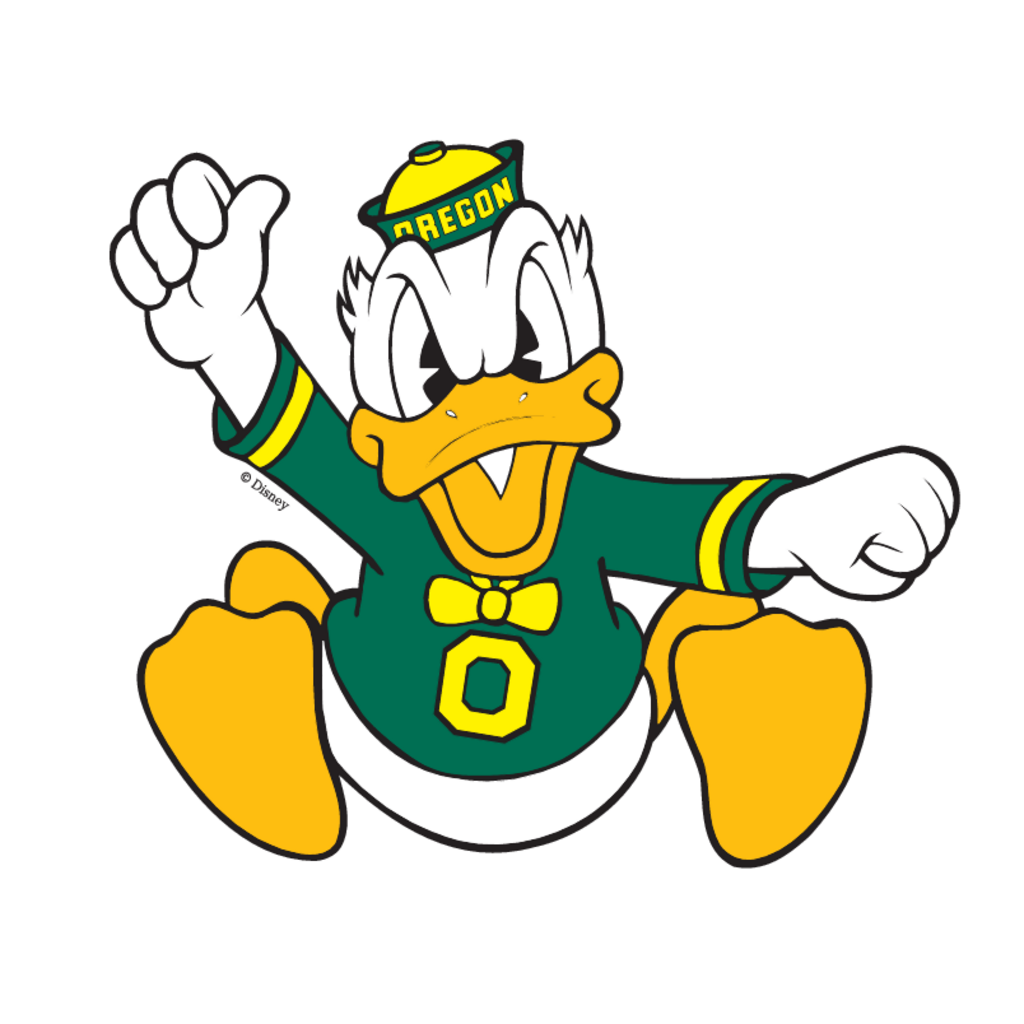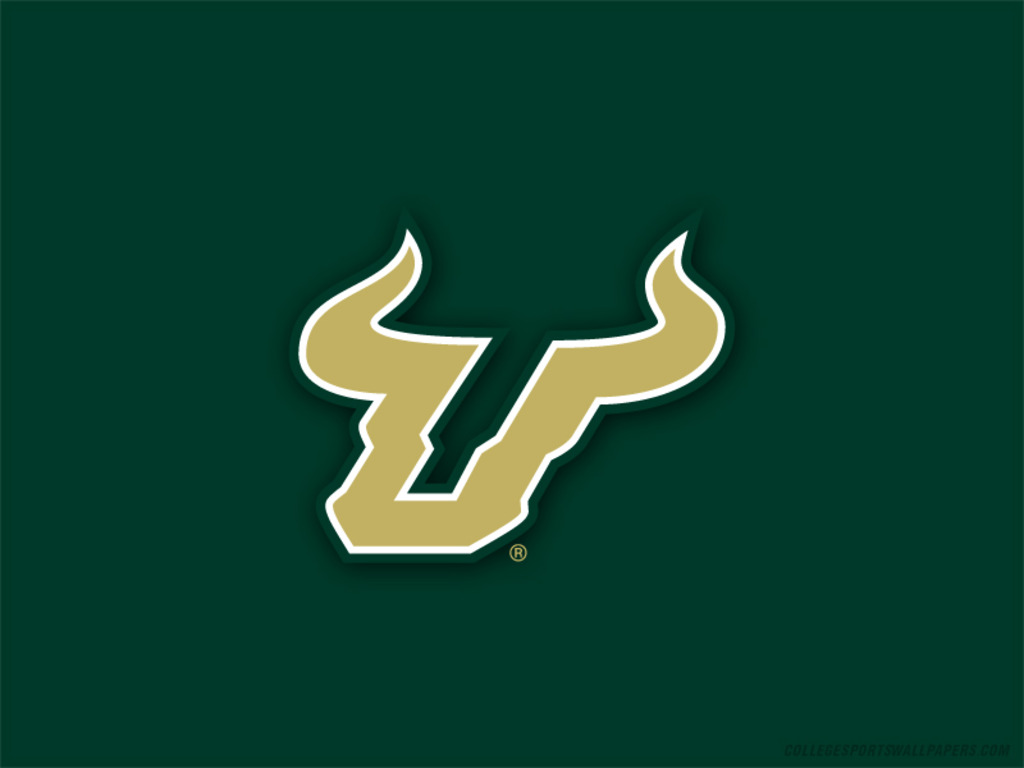Left Seater wrote:Van, not to be a total ass
:grin:
Always the tip-off for when someone is fixing to be just that...
but when did you sign your LOI and athletic scholarship? So where do you get off telling those of us who have signed them what is best for us when you haven't walked in our shoes?
Countless high-profile athletes who
have "walked in your shoes" have made my point for me. Their stories are legion, and they all revolve around not even having enough money for pizza even as their non-scholarship buddies are enjoying the entire college experience.
The Top Ramen reference was taken directly from two different former college athletes, Tom Tolbert and Eric Byrnes. Tolbert was a star hoops player at the University of Arizona. Byrnes was a baseball player at UCLA. They both described how dead-ass broke they were during college, laughing about the times they were forced to go the Top Ramen route. More to the point, they admitted that they had more money than many of their teammates since they both came from relatively well-to-do families. They described how a lot of their friends who came from broken homes had fuckall spending money. They said this was especially the case with the football players, whose workload was simply insane.
I've also spoken with Anthony Munoz and Roy Foster, and they described the same thing. There are so many athletes describing this very situation that you'll have to excuse me if I take their collective word. The fact that even the NCAA is now taking it to heart ought to tell you something.
Further your comments like eating top ramen or athletes don't have any spending money are without merit
Categorical bullshit. If they don't arrive with any spending money, they don't have any spending money. They cannot work. They cannot earn any money. Their scholly will not afford them a car and sufficient money to live the life of a normal college student.
and if you truly believe that then there is no point in going further in this discussion. Dins has already pointed out how wrong you are on many of these items.
And Dins' point was summarily dismissed. His entire argument centered around "illegality," which the NCAA can make moot in a single meeting. His other point was based on the Haves getting over if players were allowed to market themselves, and that was also dismissed.
So what is it exactly you want for us student athletes?
Equality. A student-athlete should have the right to earn an income while still in school. Whether that income is derived from taking a job or receiving an endorsement check from Nike, so be it. All student-athletes regardless of their sport should enjoy the same freedoms as their non-scholarship classmates.
Beyond that, a realistic stipend for all college athletes is in no way unreasonable.
Don't answer that yet, read below so you know exactly what situation we are in before you tell us what we need.
Like I said, there's you, Lefty, then there are the countless others who claim that yes, they do need additional financial help. That's on top of the secondary issue regarding the ridiculous situation whereby a Tim Tebow can literally make millions for his university while receiving none of the proceeds. What, his UF education in any way, shape or form is worth the amount of money he continues to make for the university?
Let's first remember that athletic scholarships are one year renewable like all merit based scholarships are. So if we don't like what is going on or feel that we are being held back we can bail after a year.
Except that in the case of football and basketball a student-athlete cannot bail to begin his chosen profession, not after only one year. He is forced by NFL/NBA guidelines to remain in their non-paid minor league pipeline until a sufficient number of years have passed following their graduation from high school. Their only alternative is to leave school and either do nothing or play in some other minor league.
Further we fully understand what we are signing up for. We know that we are giving up certain things in exchange for compensation for putting on the uniform. Yes, we are compensated.
Insufficiently; a notion which is finally dawning on the NCAA.
So now let's walk thru our compensation.
First, tuition and fees are paid in full. That is huge and the value changes from UTEP to USC. Second housing is paid for. I can choose to live on campus and never see a bill. But let's say I want to live off campus. In that case each school has an amount based on the average cost of their on campus lodging and the host city cost of living. So using Houston I was given a stipend of $800 per month for off campus living. So if I choose a place that is only $600 per month I get to keep $200 per month. But let's say that I get together with a couple other players and we decide to live together. Now the three of us rent a three bedroom place that costs $1500 per month. We each pocket $300 per month. If we really want to get over or we have a girlfriend or sibling or friend that also lives around campus then we might go 6 guys in that same three bedroom place and each pay $250 per month knowing there will not be more than a few guys there a night. Now we each pocket $550 per month.
Then we move on to meals. I can choose to eat on campus and get an unlimited meal pass from the school. Or since I live off campus I can choose to have a meal stipend instead. Now this again varies by location but is as high as $44 per day in Boston and NYC. In Houston it was $32 per day for me. $960 per month. I would then take $260 of that and buy a campus meal punch card. I would then eat breakfast over in the football room, fruit, cereal, oatmeal, waffles, toast, etc. This stuff was out all the time for us to snack on. Then I would eat lunch in the campus cafeteria. That left me an additional $700 per month for eating dinner or putting into my pocket.
Then there is the stipend for books. All athletes are given enough money to pay for brand new books and supplies for each of their classes. But if I choose to buy used books, I can pocket the difference. Further, the football library or tutors may have copies of those books. If so I can use them for the semester at no cost and I pocket all of the book money.
Since I also lived off campus I was given further stipends for a transit pass, laundry, and electric/water. Add all of this up and it was an additional $250 per month. So each month I was pocketing over $1400 per. So I was making 17000 per year tax free. So I need to work like "normal" students for what reason again? Then on top of this I get free clothes, shoes, and gifts. So tell me again how I am not being compensated fairly?
Simple. Not everyone gets what you got, and not everyone can get by on what you can. Moreover, everything you described there is literally a drop in the bucket compared to the money Vince Young brought to the coffers of UT. All the while, he wasn't even allowed to work at McDonald's, despite the fact that most of his classmates were free to do so.
It gets even worse if we look at the value of the full ride vs the amount of time allowed on my sport during the year. Each D1-A school is allowed 23 weeks of "in season" activities which are limited to 20 hours per week. The additional 39 weeks are limited to no more than 8 hours of activity per week. That is just about 700 hours per year of required activity. Granted each school has different costs to attend so the value of the full ride scholarship is going to be different based on each schools, but here are a few examples:
UMich $53,006 for out of state upper division / 700 hours is $75.7
ATM $36,672 for out of state / 700 hours is $52.39
RICE $50,171 for everyone / 700 hours is $71.67
So I was compensated at $71 per hour. Where else in college can someone work for that amount? But let's say the $71 per hour and the tax free money I have isn't enough. I can still work. If I make over $2000 per year during the school year then the university can deduct the difference from my stipends. Or I can work in the summer (like I did for two summers) and make money.
A couple other things you need to remember in this discussion. Very few SCHOLARSHIP athletes ever go on to play in the pros. Per the NCAA here are the percentages:
Men's Basketball 1.2%
Women's Basketball 1.0%
Football 1.8%
Baseball 9.4%
Men's Hockey 3.7%
Men's Soccer 1.7%
Also very few athletic departments actually make any money. One of the programs that most think always make money, Texas ATM, had to borrow $16 million from the university to meet its budget as recently as 2006. If ATM is struggling to make it to break even, how are others doing?
So what exactly was it you want for scholarship athletes? Salary? Additional stipend?
We're reduced to talking about whether Cougar High will be able to move forward with their stadium project contingent upon Case Keenum's availability to suit up on Saturdays, and you're talking prorated hourly wages?
PSU was at least thinking outside of the box, but the problem there is that doesn't get you around Title IX. Individuals and corporations have already made direct payments to athletic department contractors, ie the construction company that is renovating the stadium, in an attempt to circumvent Title IX, but it failed. So include in your answer how you are going to repeal Title IX or pay all college athletes. Also discuss how you will change the amateurism definition that currently governs college sports, because it expressly prohibits scholarship athletes from making money off of their likeness or jersey. Further tell us where all this additional money will come from.
Like I said, the NCAA needs to take a dirtnap. Once that's accomplished, the rest falls into place. Until then, and rather than face such a fate, the NCAA will be forced to bend. The process has already begun. They know that the status quo cannot persist, so they're looking into various forms of stipends and whatsuch.
This doesn't happen in a vacuum. It's cause and effect.
In my experience there is no need to pay college athletes. We were compensated fairly for putting on the uniform. Nor are there these athletes with zero money pan handling in rags for change to buy top ramen.
Unfortunately, your experience isn't universal. There are untold numbers of underprivileged student-athletes who scoff at your experiences.
And you still haven't addressed the insane inequity of a a guy who makes millions for his school while receiving nothing but a scholarship that will likely only land him an entry-level position working the counter at Hertz rent-a-car. Is that UF degree in Social Studies really worth the money Tim Tebow(tm) brought and continues to bring to the university?








